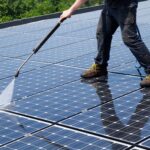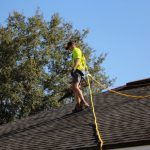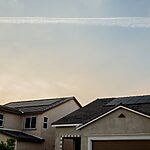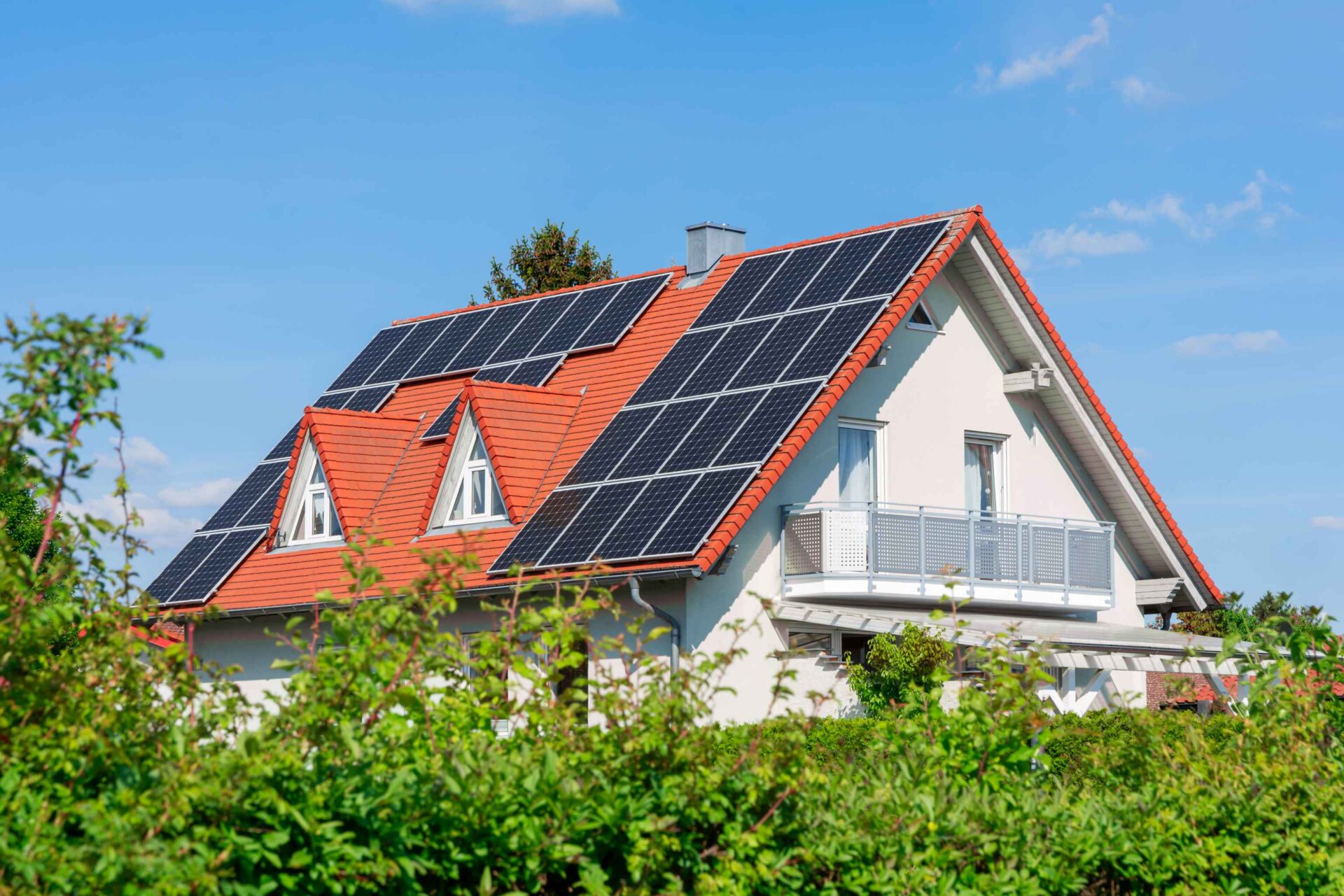
Get a Free Estimate
Is solar roof worth it in Vancouver?
Is solar roof worth it in Vancouver, BC?
Installing a solar roof in Vancouver can be worth it depending on several factors, such as the cost of electricity, the amount of sunlight, and the incentives available. Vancouver receives a good amount of sunlight, which is essential for solar panels to generate electricity. However, the cost of electricity in Vancouver is relatively low compared to other regions, which means the financial benefits of a solar roof may not be as significant as in other areas.
Additionally, British Columbia offers several incentives and rebates for installing solar panels, which can make the investment more attractive. The BC Hydro Net Metering Program allows homeowners to sell excess solar power back to the grid, and the federal government offers a solar tax credit for eligible projects.
Therefore, before investing in a solar roof in Vancouver, it’s essential to evaluate the costs, incentives, and potential savings based on your energy consumption and the amount of sunlight your property receives. It may be worth consulting with a local solar panel installer to determine the feasibility and cost-effectiveness of a solar roof in your specific situation.
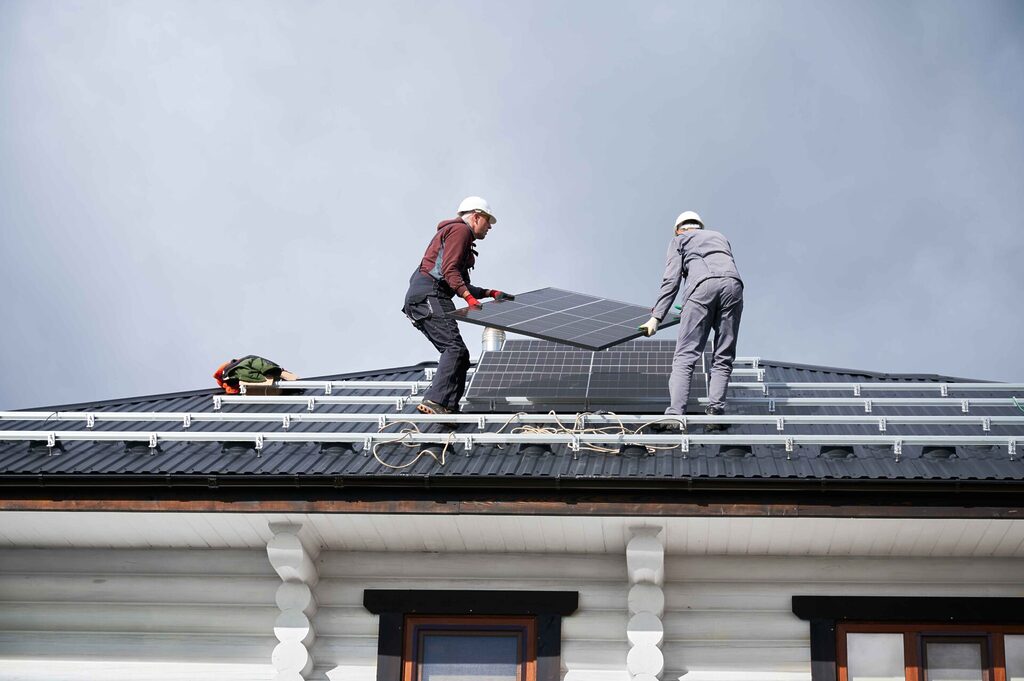
Is Vancouver's weather suitable for generating enough sunlight to make installing solar panels worthwhile?
Vancouver’s weather can be suitable for solar panels to generate enough electricity, although it may not receive as much sunlight as other regions with more consistent and stronger sun exposure. Vancouver has a mild climate with plenty of cloudy and rainy days throughout the year. However, it still receives a significant amount of sunlight during the summer months, which is essential for solar panels to produce electricity. In fact, the amount of sunlight received in Vancouver is comparable to other cities with successful solar panel installations, such as Berlin and London.
Furthermore, advances in solar panel technology have improved their efficiency, making them better equipped to capture sunlight even on cloudy days. As a result, even though Vancouver’s weather may not be ideal for solar panels, it is still possible to generate enough electricity to power your home and potentially sell excess power back to the grid.
Overall, the amount of sunlight that Vancouver receives may be a factor to consider when deciding whether to install solar panels, but it is not necessarily a deal-breaker. Other factors, such as electricity costs and available incentives, can also play a significant role in determining the feasibility and cost-effectiveness of a solar panel installation.
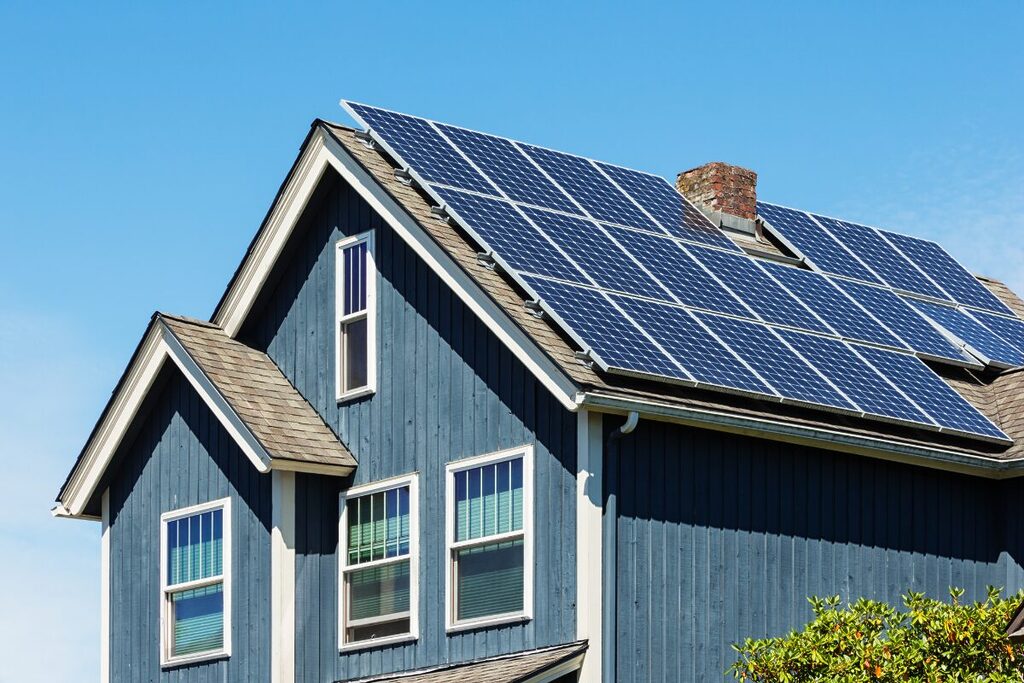
Will Solar Panels Work on Cloudy Days in Vancouver?
Yes, solar panels can still generate electricity on cloudy days, although their efficiency may be reduced compared to sunny days. Solar panels generate electricity by converting sunlight into electricity using photovoltaic cells. While direct sunlight is the most effective way to generate electricity, solar panels can still produce some power even when it’s cloudy.
Clouds diffuse sunlight, which means the intensity of the sunlight reaching the solar panels is lower but not entirely blocked. This means that solar panels can still capture some of the sunlight and generate electricity, albeit at a lower rate.
Additionally, advances in solar panel technology have improved their efficiency, making them better equipped to capture sunlight even on cloudy days. For example, some newer solar panels can still generate up to 10-25% of their maximum capacity on cloudy days, which can
help reduce your overall energy costs.
However, it’s worth noting that the amount of electricity generated by solar panels on cloudy days may not be enough to fully power your home, especially if you live in an area with frequent cloudy weather. Therefore, it’s essential to evaluate your energy needs and potential solar panel output when considering a solar panel installation.
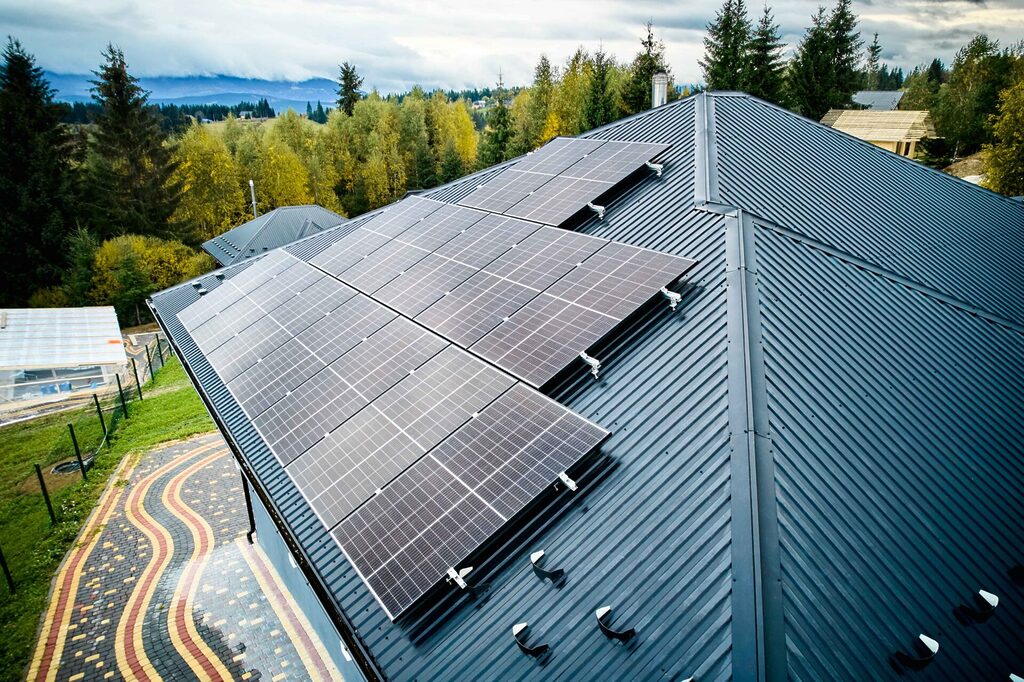
How much does it cost to install solar panels in Vancouver?
The cost of installing solar panels in Vancouver can vary depending on several factors, such as the size of the solar panel system, the complexity of the installation, and the type of panels used. However, on average, the cost of installing solar panels in Vancouver ranges from $10,000 to $30,000 for a residential system.
The cost of solar panels has decreased significantly in recent years due to advances in technology and increased demand, making them more affordable than ever before. Additionally, the government of British Columbia offers several incentives and rebates to encourage the adoption of solar power, which can help offset the installation costs. For example, the BC Hydro Net Metering Program allows homeowners to sell excess solar power back to the grid and receive a credit on their electricity bill.
When considering the cost of solar panel installation, it’s essential to evaluate the potential savings and benefits of switching to solar power. In many cases, the long-term cost savings on electricity bills can offset the initial installation costs within several years. It’s also worth consulting with a local solar panel installer to determine the feasibility and cost-effectiveness of a solar panel installation for your specific situation.
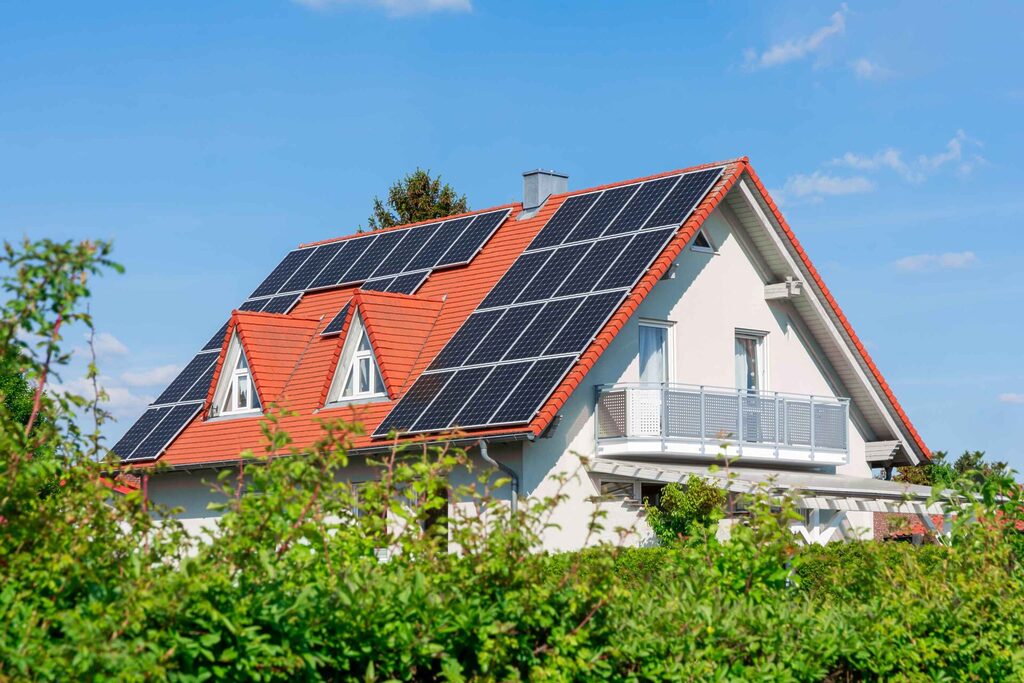
Do I need a permit to install solar panels in Vancouver?
Yes, you will need a permit to install solar panels in Vancouver.
The City of Vancouver requires a building permit for the installation of solar panels on residential, commercial, and industrial buildings. The permit ensures that the installation meets safety and building code requirements and that it complies with local regulations and bylaws.
To apply for a building permit, you’ll need to submit detailed plans and specifications for the solar panel installation, including the location, size, and type of panels used. You may also need to provide information on the structural design of the installation, the electrical connection to the grid, and any necessary equipment or mounting systems.
In addition to the building permit, you may also need to obtain other permits and approvals, depending on the specifics of your installation. For example, you may need an electrical permit for the wiring and connection to the grid, or a development permit if the installation affects the building’s exterior appearance.
It’s important to note that failing to obtain the necessary permits and approvals can result in fines and legal issues. Therefore, it’s essential to consult with a licensed solar panel installer or a building code expert to ensure that your solar panel installation meets all regulatory requirements and that you obtain the necessary permits and approvals before beginning the installation process.


